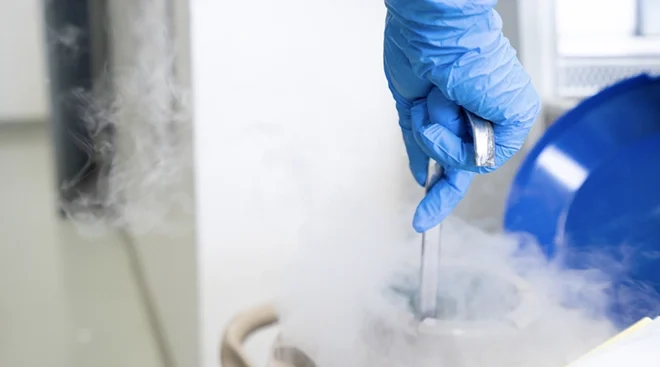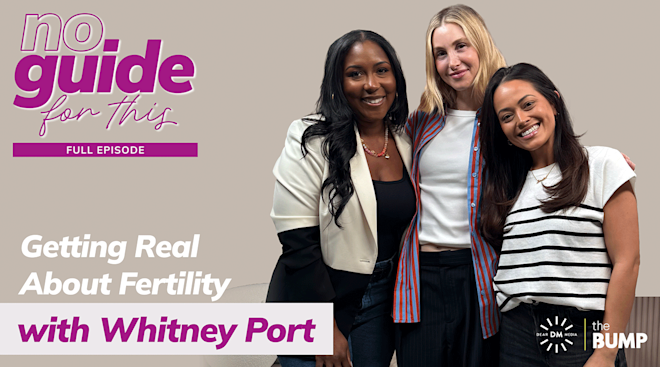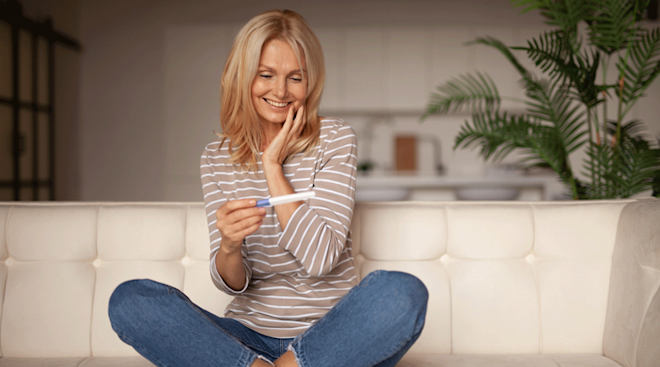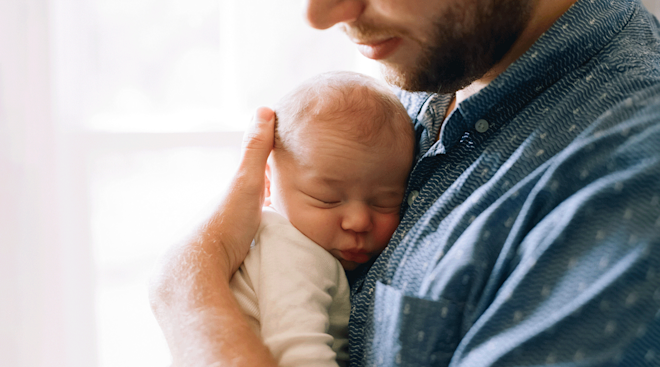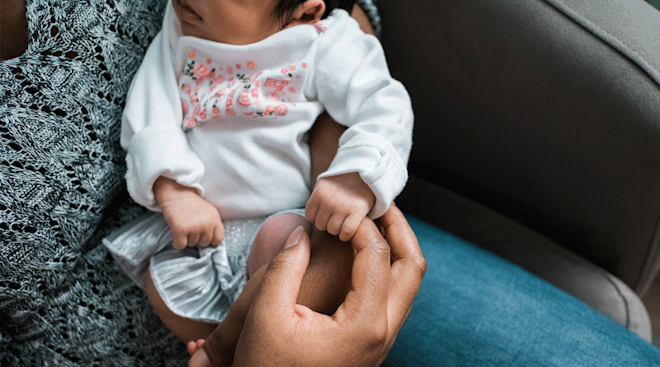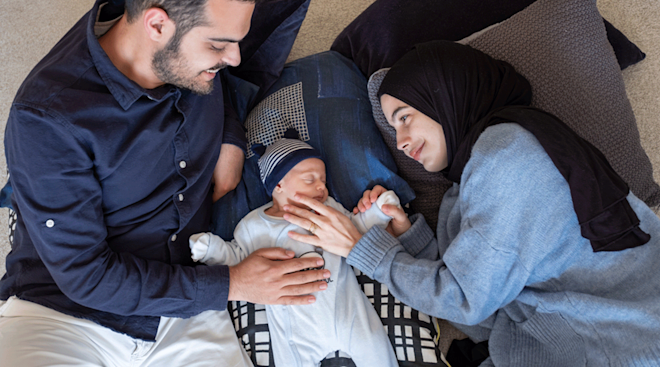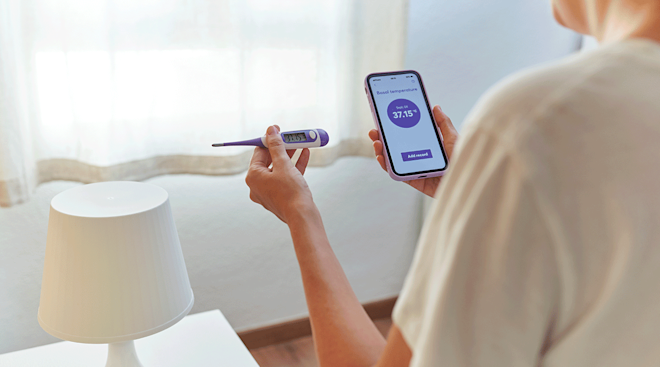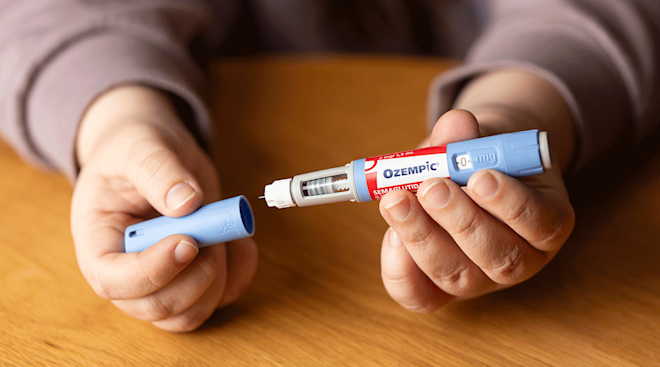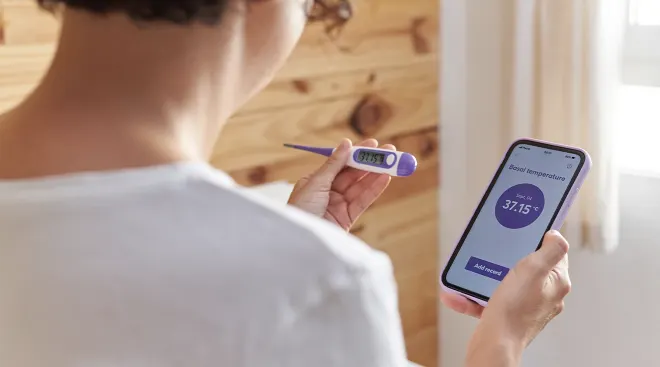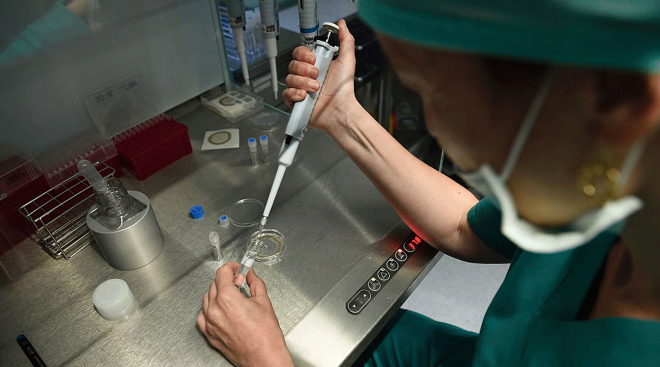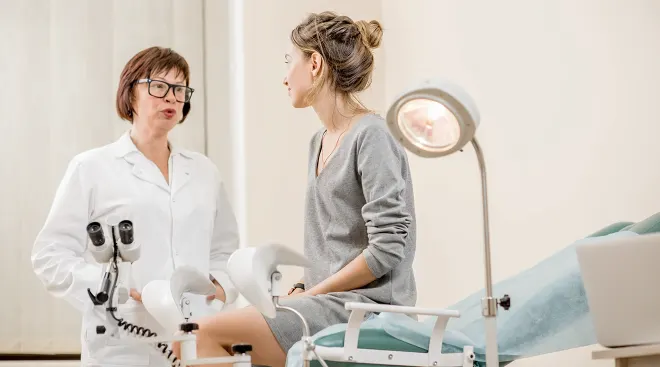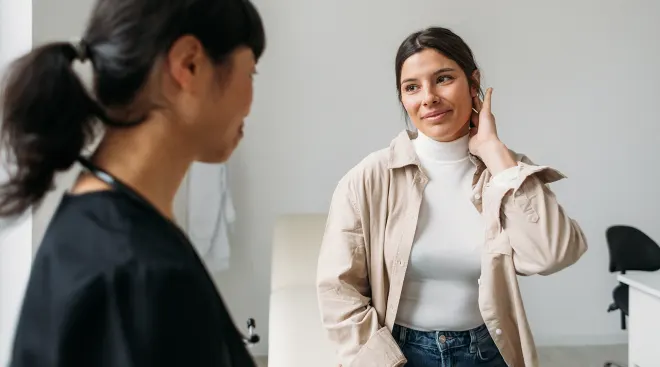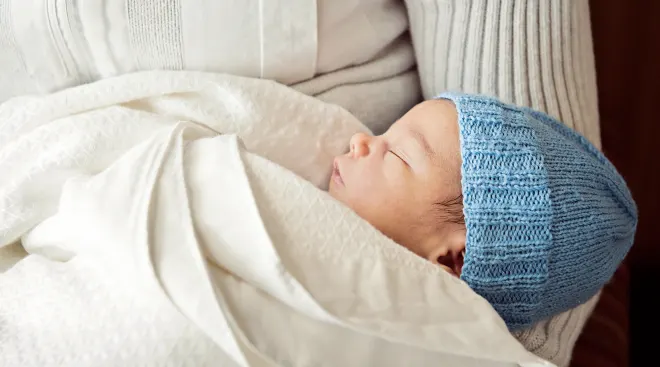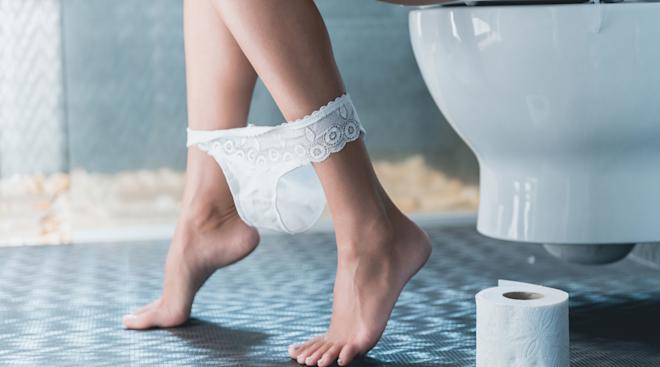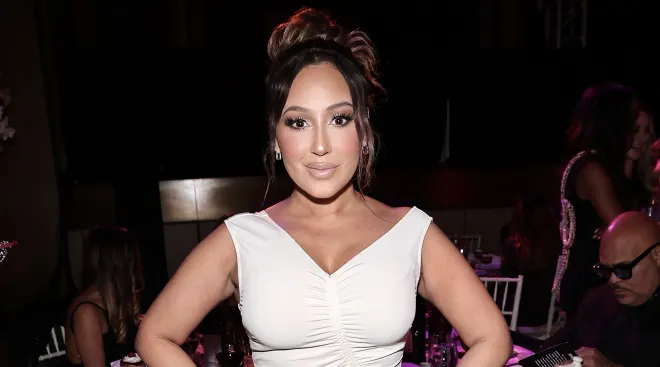Freezing More Eggs, Younger, Could Up Chances for Baby by 31 Percent
According to the Society for Assisted Reproductive Technology, the number of healthy women freezing eggs rose from 7,193 in 2016 to 12,438 in 2020. Whether women choose to delay starting a family or plan ahead to expand their family at a later date, fertility research and, specifically, research into egg freezing grows.
A new study by New York University Langone Fertility Center seeks to prepare women to achieve the best possible outcome—a new addition to their family—by recommending they freeze their eggs before 38 years old and thaw 20 or more eggs if possible.
Published in the journal Fertility and Sterility, the paper centers on the experiences of 543 patients who underwent 800 oocyte cryopreservations, 605 thaws and 436 transfers. The average age when the women froze their eggs was 38, with most waiting around four years to thaw and fertilize their eggs.
Of these women, the study found that the overall chance of having a baby from the frozen eggs was 39 percent. But when women were younger than 38 when they froze their eggs, this birth rate increased to 51 percent. Even more encouragingly, the rate increased to 70 percent when women froze their eggs before 38 and also thawed 20 or more eggs.
“The reality is most eggs don’t make good embryos,” James Grifo, MD, the director of the fertility center and study co-author, told the New York Times. “The more eggs you have, the better the chance.” But for many women, the process of harvesting more eggs can be a pricey one, with each egg retrieval cycle costing around $10,000 and the thaw and fertilization process costing up to $7,000.
The plus side? The study found that while the age at which a woman’s eggs were frozen and the amount frozen made a significant difference, the age she chose to thaw her eggs and have a baby didn’t move the needle on birth rates.
While this information presents a good guide for achieving the best results possible when it comes to freezing and thawing your eggs, those who have chosen to freeze eggs later in life or harvest fewer eggs shouldn’t be discouraged. It’s important to talk with your doctor about all your options and how best to increase your chances of having a baby, no matter your age.
With a bit of luck and a team of medical experts at your side, you could join the growing group of 83,000+ parents who conceive a child each year thanks to assisted reproductive technology. As you navigate this challenging and exciting journey, take time to learn more about different fertility treatments and how to de-stress while you are trying to conceive.
Please note: The Bump and the materials and information it contains are not intended to, and do not constitute, medical or other health advice or diagnosis and should not be used as such. You should always consult with a qualified physician or health professional about your specific circumstances.
Navigate forward to interact with the calendar and select a date. Press the question mark key to get the keyboard shortcuts for changing dates.

































